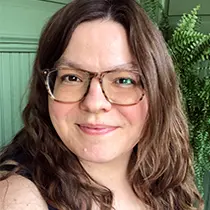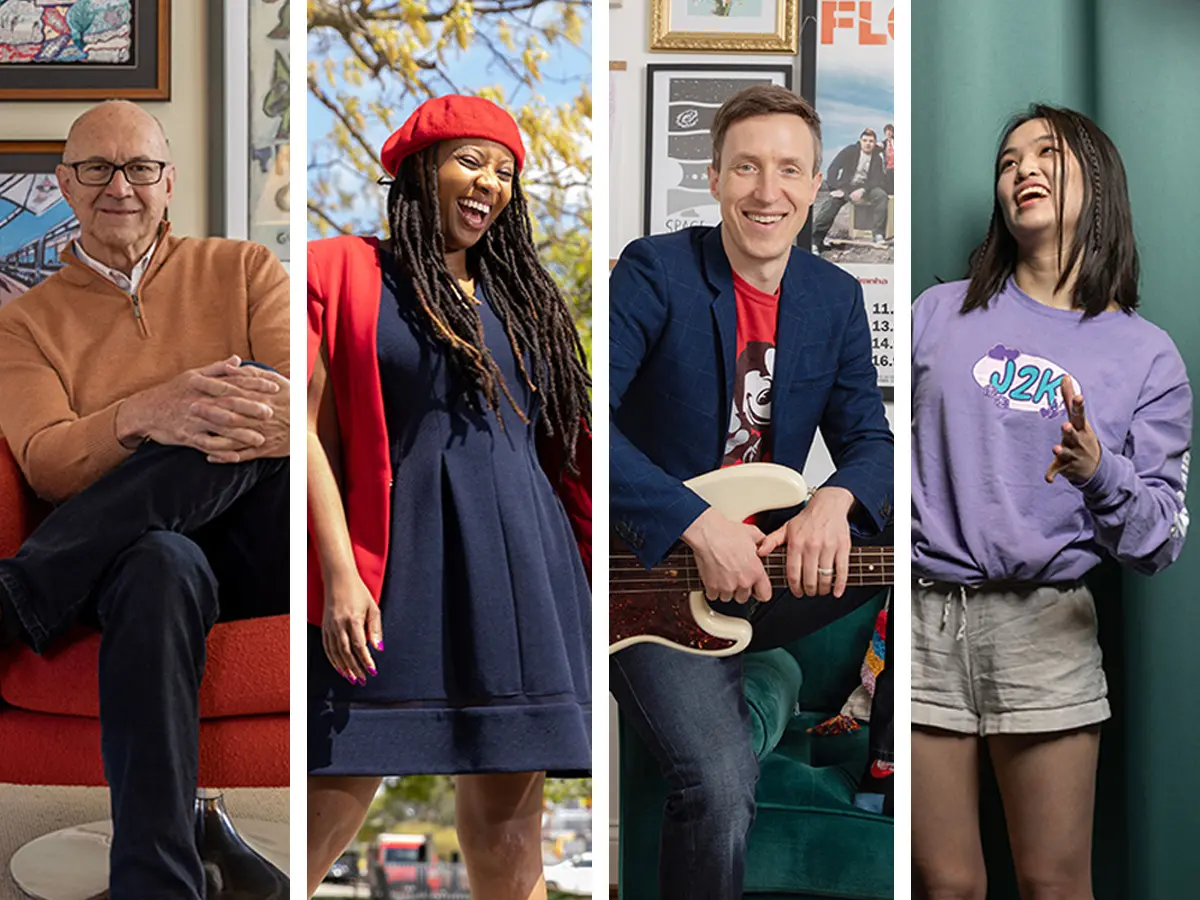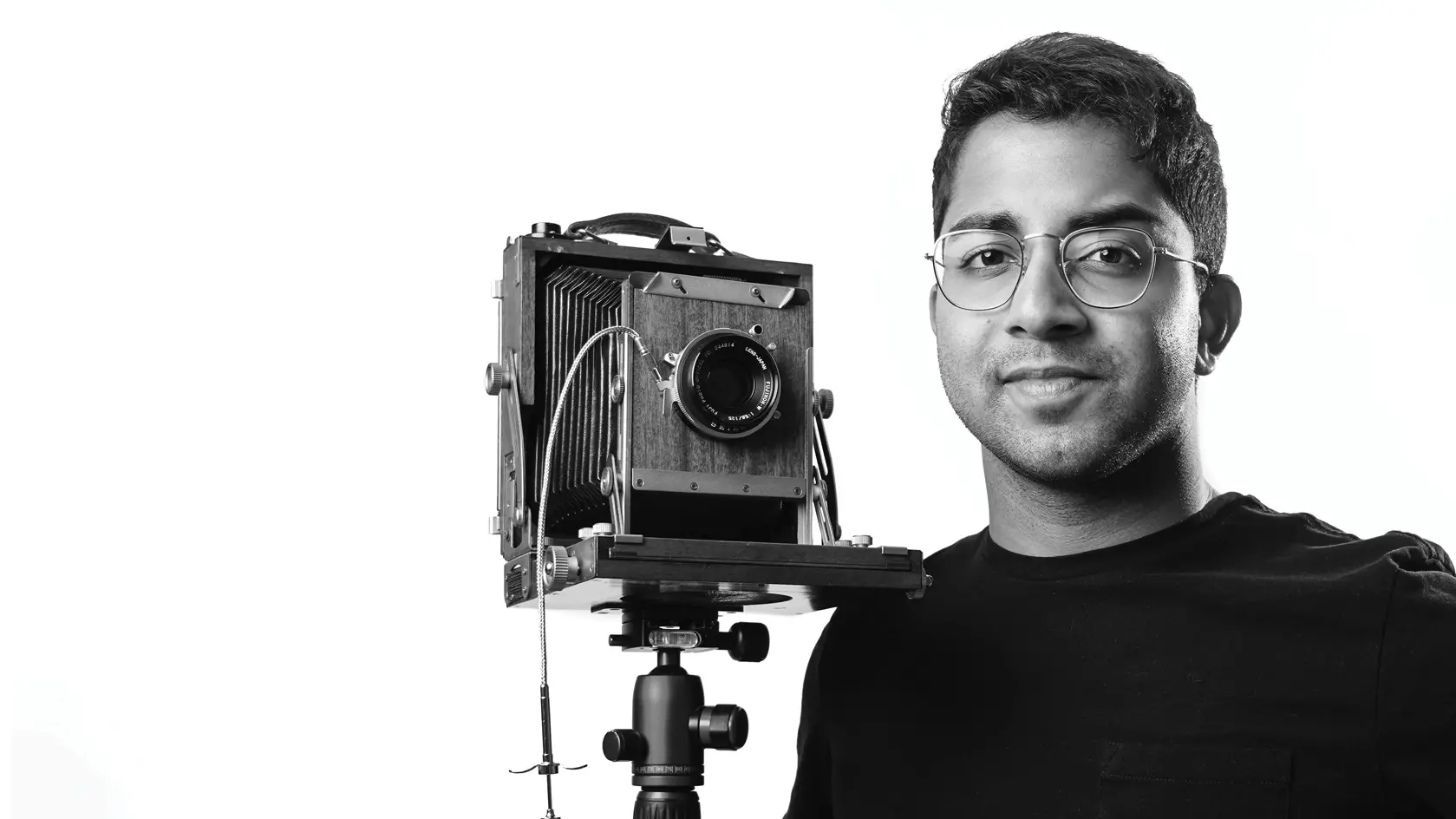
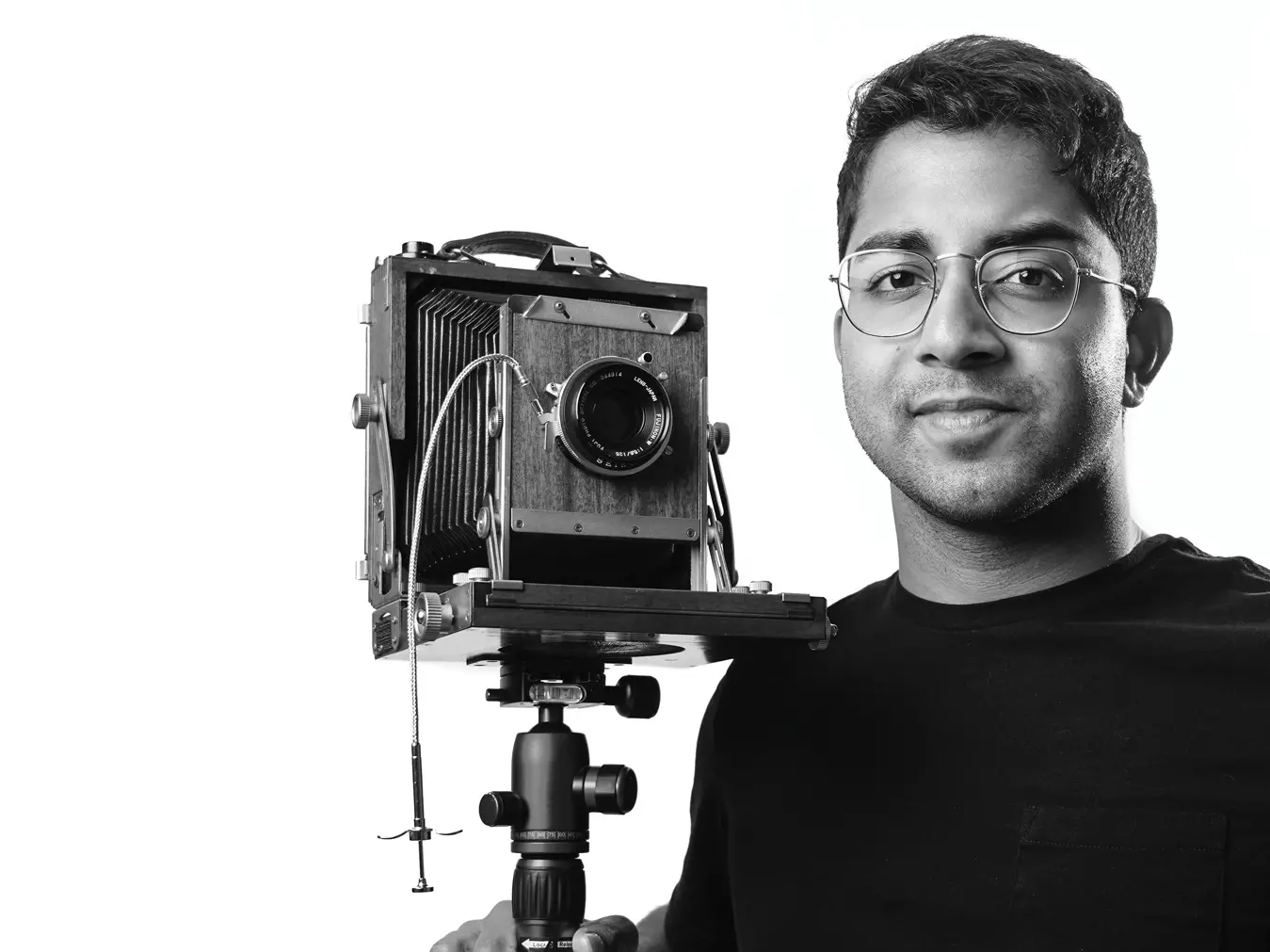
Imran Nuri is sharing life lessons from the road
The 2020 graduate met and interviewed 1,000 strangers during a three-month cross country adventure. Here are his 10 biggest takeaways.
After earning his business degree from Ohio State, Imran Nuri ’20 wanted to push out of his comfort zone. So, after a brief foray into the nonprofit sector, he decided to take a 12-week cross-country trip. Nuri’s mission: photograph 1,000 people and ask: “What would you tell your younger self?”
He set out in his Toyota Camry with a 50-year-old Yashica camera last spring, an experience he’s turning into a book. Here are his photos and 10 things he learned along the way.
1. Life is short, and unexpected. One of the driving forces behind his trek was the COVID-19 pandemic, which reminded all of us how unpredictable life can be.
2. The vast majority of people are, at heart, kind. Nuri, who grew up in Ohio but whose family is from India, expected to encounter more bigotry and for more people to react unkindly to a stranger asking for a chat. But more often he experienced the opposite, including strangers buying him meals or handing him $200 so he could sleep in a hotel rather than at a rest stop.
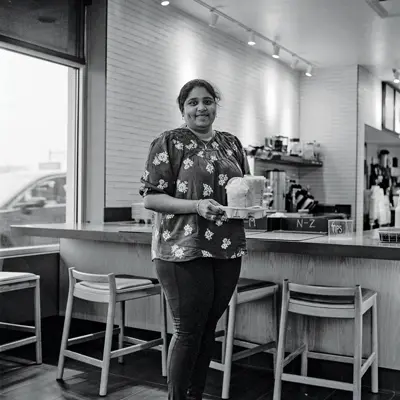
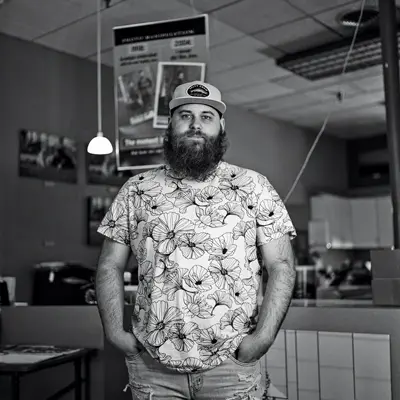
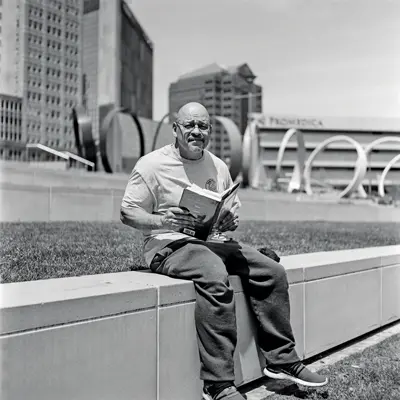
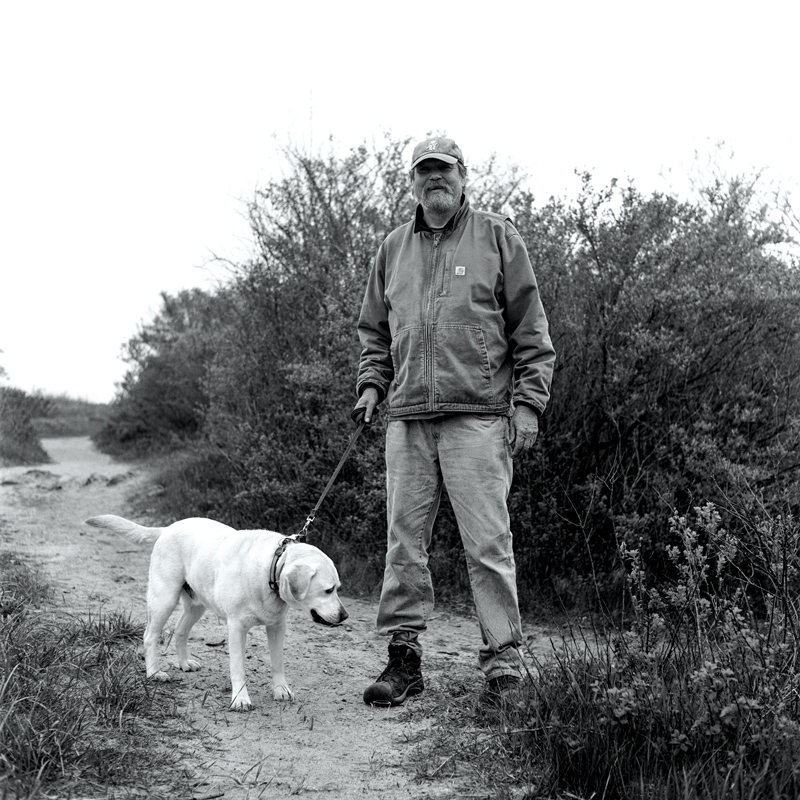
3. It’s true: People in Ohio (and the Midwest) are really nice. On the whole, Nuri found, people in the Pacific Northwest were most hesitant to talk, and people in the South were most curious about his background.
4. More often than not, we don’t talk to the strangers we pass on the street. But the truth is, we are one quick sentence away from a connection with almost anyone. Nuri would approach everyone the same way — “Hey, can I ask you a question?” — and 99% of people said, “Sure, go ahead.”
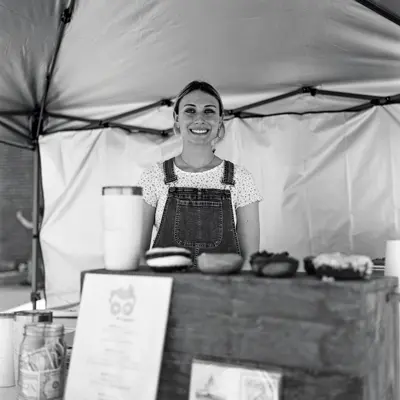
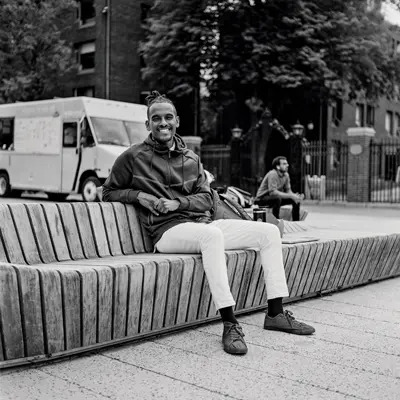
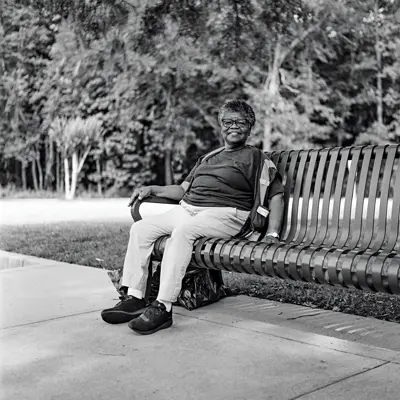
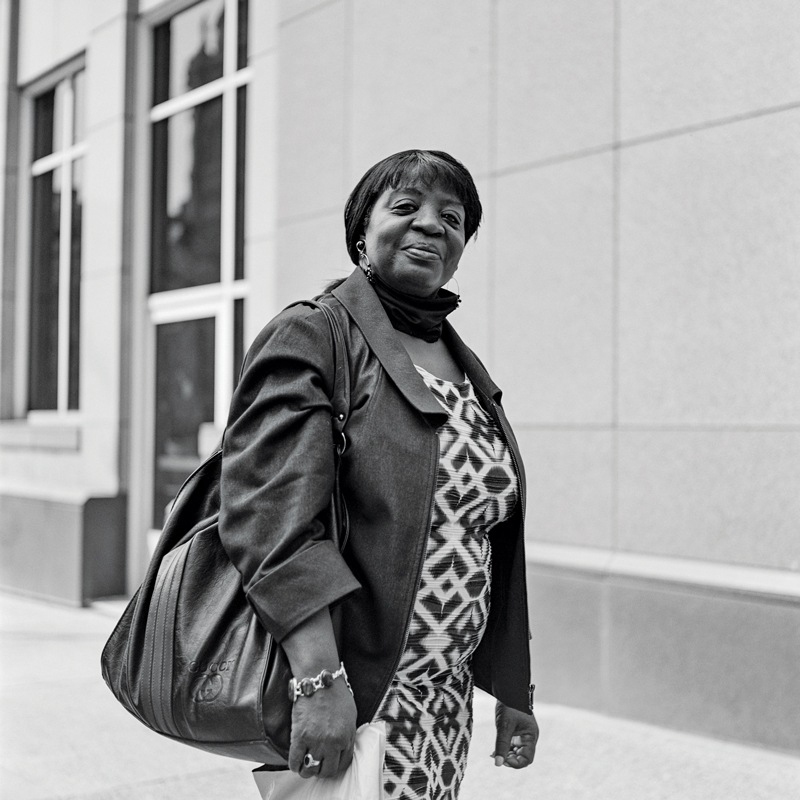
5. People naturally want to share their stories, and be listened to without judgment, if only to know they’re not alone.
6. We may separate ourselves along the lines of politics and identity, but social media divisiveness aside, all of us go through very similar human experiences. In every state, Nuri encountered people who have lived through the same struggles, the same wins, the same emotions.
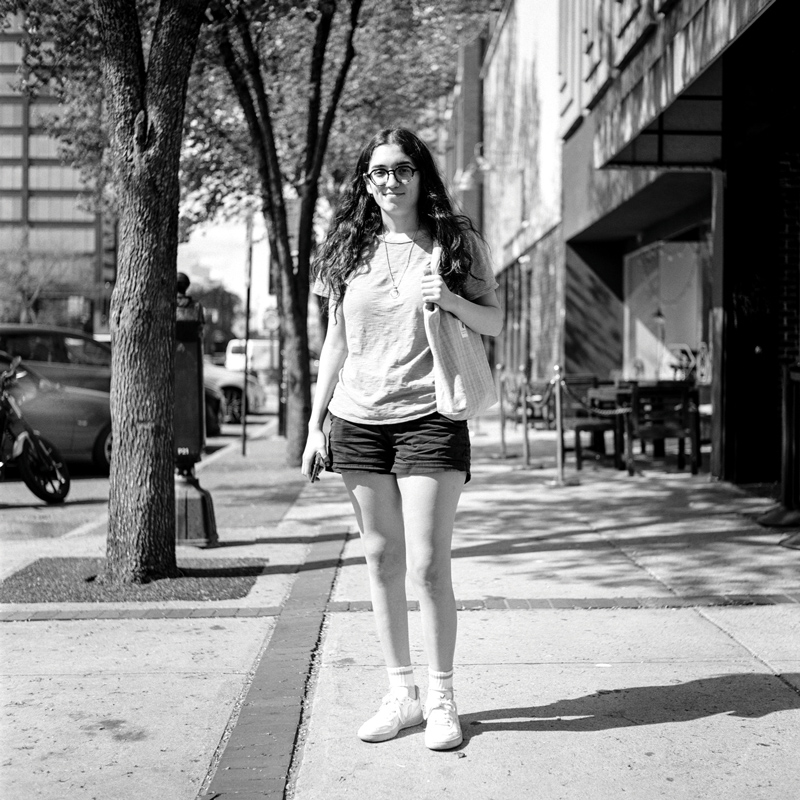
7. Wisdom has more to do with experience than age. At the outset, Nuri expected to get the deepest thoughts from older generations, but he ended up hearing similar advice from people across the age spectrum. He spoke with many young people who experienced unfortunate circumstances and came out on the other side with wisdom to share. The youngest person he interviewed was 13, and the boy had lost a friend to suicide. His advice was to check in on your friends.
8. The vast majority of people Nuri spoke with have regrets and can see different paths their lives might have taken. However, at the same time, most of us accept that everything along our path has led us to where we are right now.
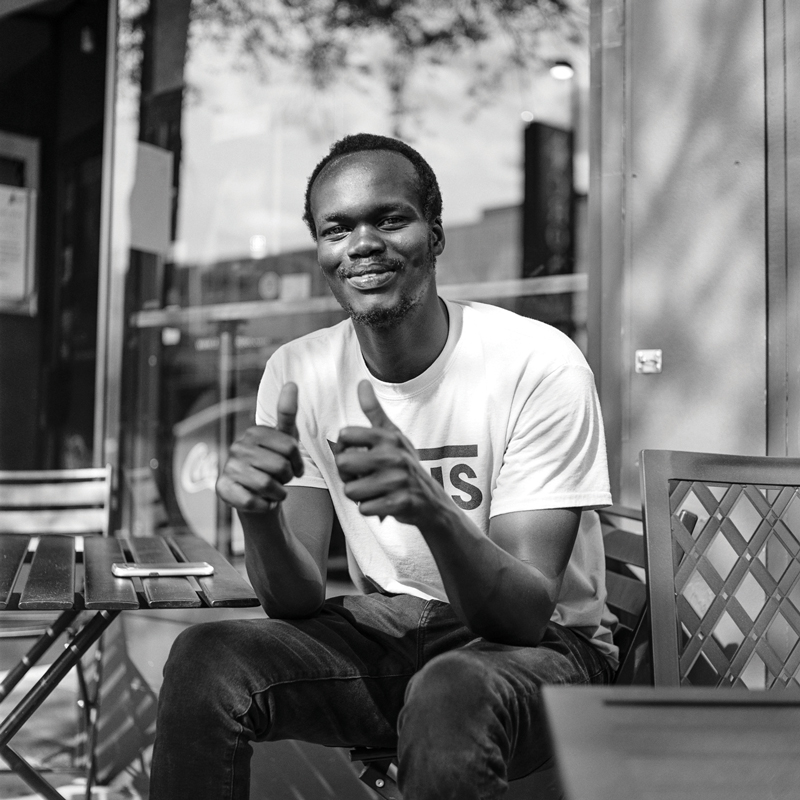
9. Life is all about human connection. Prioritize relationships over working too much. This wisdom came courtesy of a young man Nuri met near the beginning of his trip. He had been diagnosed with cancer at 19.
10. Death is the one guarantee in life. After returning from his trip, Nuri has found he thinks about death on a daily basis — but not in the way you might imagine. He’s trying to make the most of his existence, spending time with the people he loves most and making an impact on those around him.
Snapshot of an entrepreneur
Fisher College of Business recently profiled Imran Nuri to learn more about his giving spirit and hustle inspiration.
